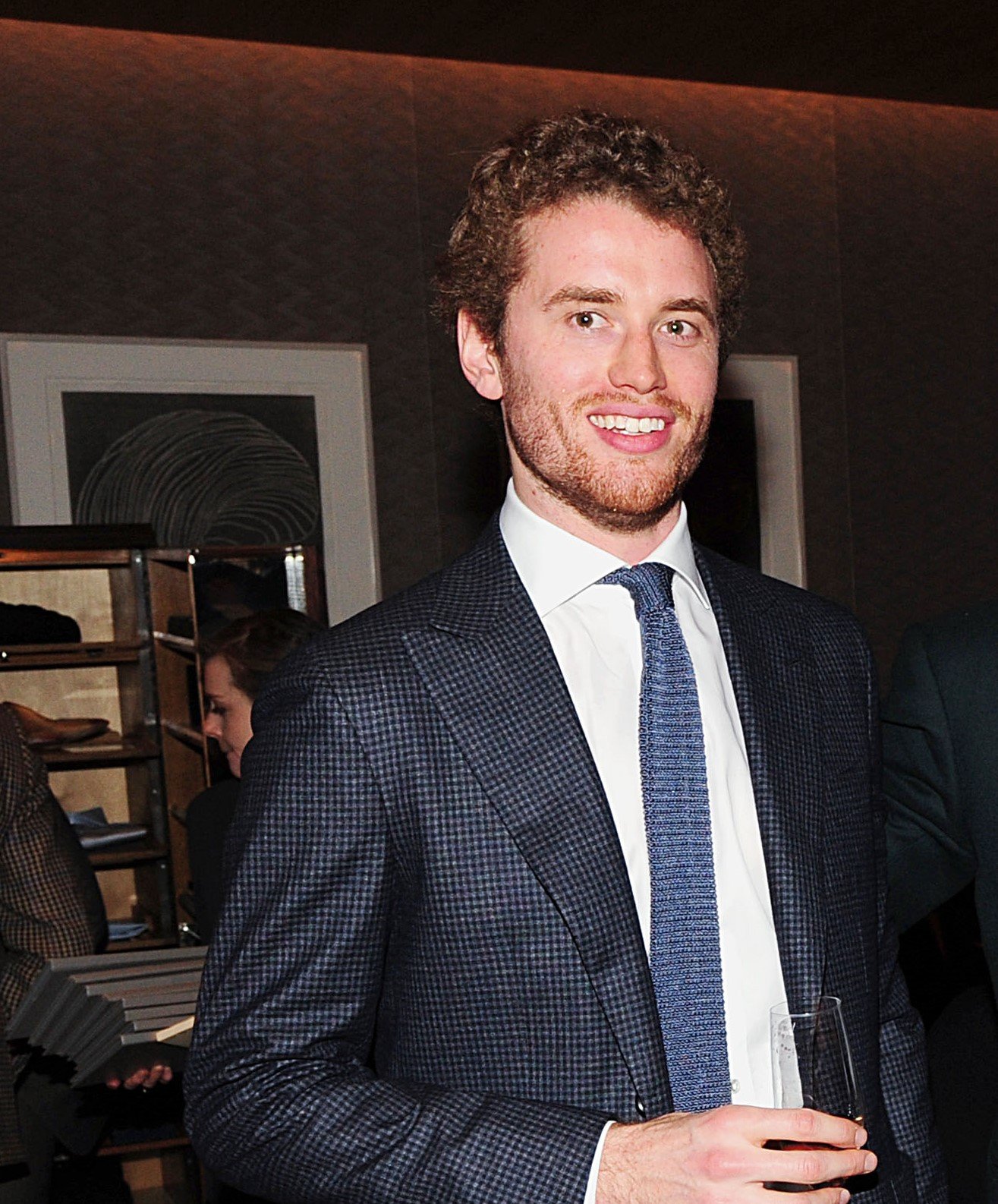
Disgraced art dealer Inigo Philbrick pleaded guilty to a criminal charge of wire fraud in a federal court in Manhattan this afternoon. He faces up to 20 years in prison when he is sentenced next March.
Philbrick also agreed to turn over to authorities some $86.7 million that is said to be traceable to the fraud, and to forfeit paintings, including one by Christopher Wool and one by Wade Guyton. Philbrick will make restitution to his victims in an amount yet to be determined by the judge.
When the judge asked Philbrick why he had committed his crimes, Philbrick responded with a single word: “money.”
He has already been incarcerated for nearly a year and a half after being apprehended on Vanuatu, an island in the South Pacific last summer. He initially pleaded not guilty to criminal charges of wire fraud and aggravated identity theft when he was indicted.
He was denied bail by the judge at the time, who agreed with prosecutors that Philbrick could pose a flight risk. He has remained in correctional facilities in Manhattan and Brooklyn since.
“Inigo accepted full responsibility for his actions today and will pay for his crimes the rest of his life,” said his attorney, Jeffrey Lichtman, in an email. “While his actions were dishonest and criminal in nature, he’s part of an industry sick from top to bottom where this sort of behavior is sadly commonplace. That being said, he apologizes to his victims and will do all that he can to make them whole.”
In addition to the federal case, Philbrick still faces numerous civil lawsuits from investors who paid millions for art or shares in artworks that they say they never received, and for which Philbrick is accused of improperly reselling.
“Having spent the last 17 months in custody, it was shocking to observe his apparent total lack of remorse when asked why he committed these crimes,” said attorney Judd Grossman, who represents several victims, including Aleksander “Sasha” Pesko, who lost millions on deals with Philbrick related to paintings by Rudolph Stingel and Jean-Michel Basquiat.
One of the largest civil claims against Philbrick was brought in October 2019 by the German investors Fine Art Partners, which had partnered with the dealer to jointly buy and sell blue-chip works of art, such as a Yayoi Kusama “Infinity Room” and the Stingel now claimed by Pesko and others. But Philbrick allegedly began secretly reselling shares of the works they bought while telling the investment company that it remained the main owner and beneficiary.
That lawsuit, which seeks the return of artworks and up to $14 million, first alerted the public to Philbrick’s alleged misdeeds, which had long been rumored in the art world. Shortly after it was filed, Philbrick shuttered his galleries in London and Miami and vanished. Attorneys for Fine Art Partners did not immediately respond to a request for comment.